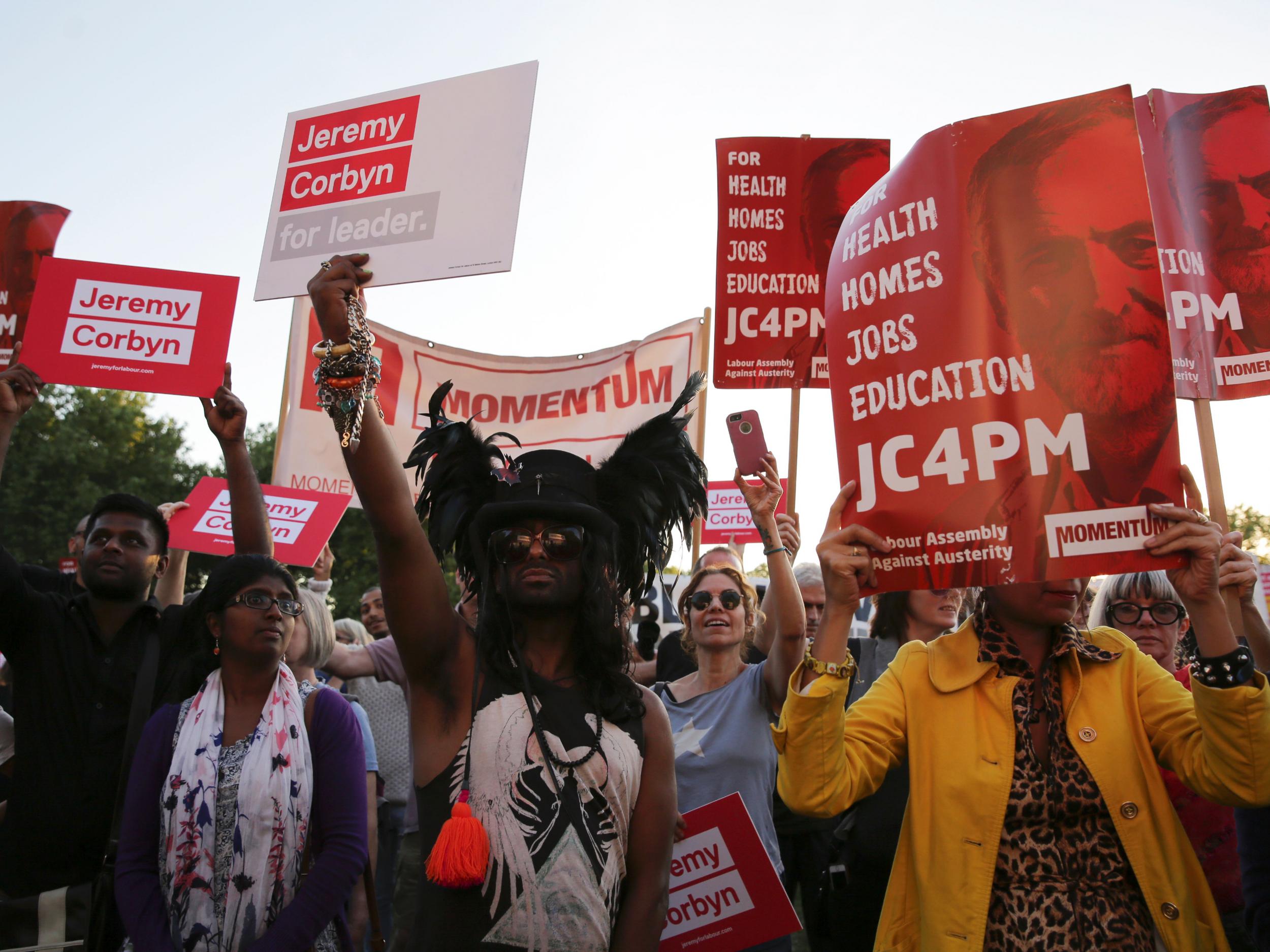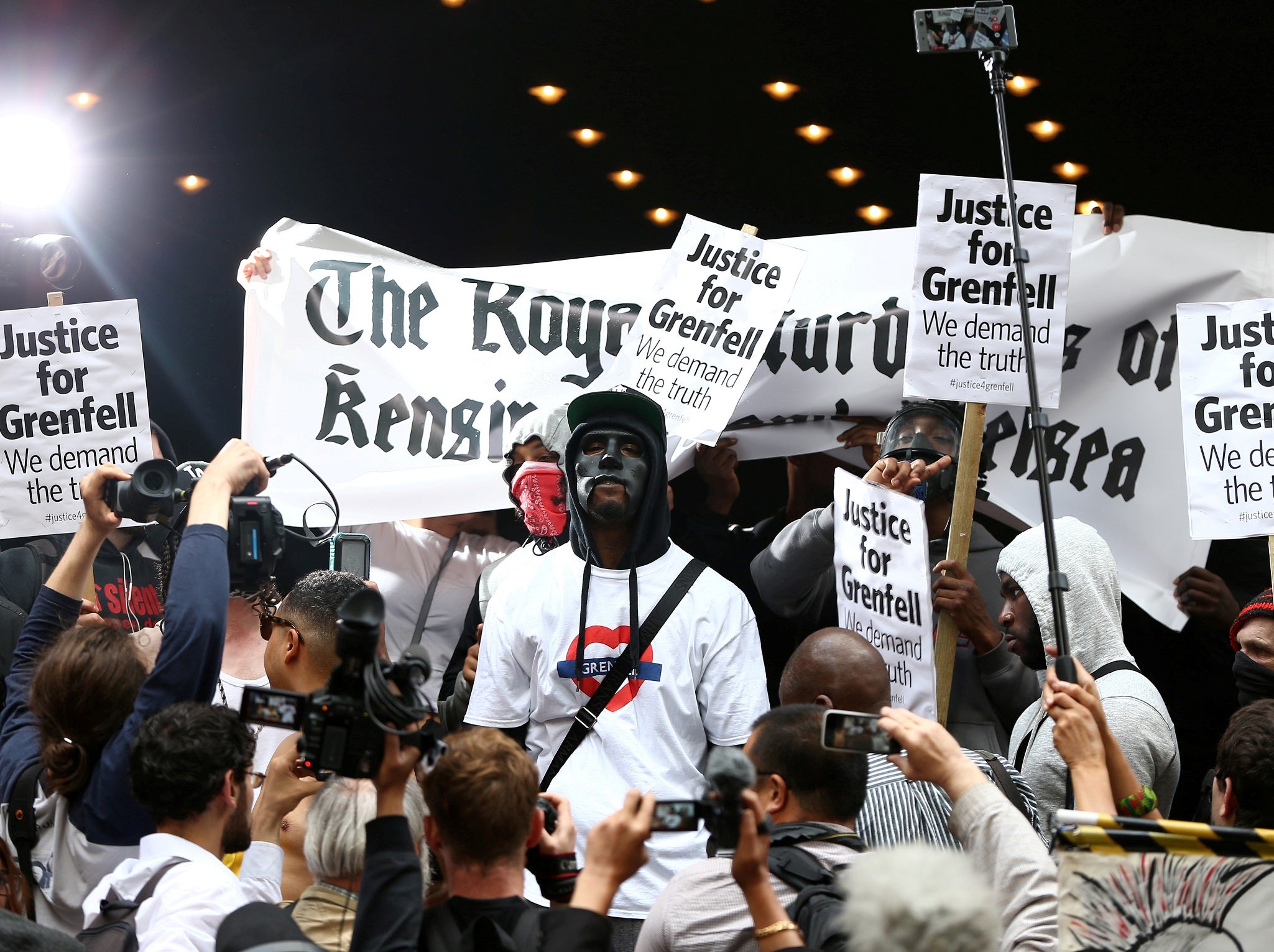Will Corbyn surge to a new voting high in 2018?
The biggest electoral test in the coming year for Theresa May, Jeremy Corbyn and Vince Cable is the local council elections on 3 May. Our Chief Political Commentator previews the contests

This coming year sees one of the biggest tests of party strength in England in between general elections, with local elections in London, all the other big cities and much of the rest of the country.
There are no elections in Scotland, Wales or Northern Ireland, but these elections could still tell us a lot about the state of the parties’ campaign machines. Will the Labour campaign still be turbocharged by Momentum, the organisation set up to support Jeremy Corbyn? What lessons will the Tories learn from their general election disaster? Can the Liberal Democrats start to rebuild their local government base? Assuming the Ukip eclipse continues – which seems likely if the Brexit talks make progress – where will its votes go?
The biggest struggle is likely to be in London. This is unfortunate, given the metropolitan bias in British politics, but the capital contains the greatest number of voters and the most close contests.
The main paradox of the Labour campaign is that the formidable Momentum machine is controlled by Corbyn supporters, while the vast majority of Labour council candidates are Corbyn-sceptics. Only Derby and Preston councils are currently led by Corbynites, which is one reason there is so much attention paid to Haringey, the north London borough. There, Corbyn supporters have exploited an unpopular housing development to deselect existing Labour councillors, and are expected to take control of the council in May.
If Momentum can repeat the success of its general election campaign, mobilising canvassers and using social media to raise turnout among young people, it should give Labour an advantage. Turnout in local elections is usually low. In London last time it was 39 per cent: if Momentum can raise it to the mid-40s it would be worth hundreds of council seats.
And in London, the tide of social change is flowing against the Conservatives. The party is suffering a “London identity crisis”, according to Tony Travers, professor at LSE who specialises in London politics. Of the population in the capital, 12 per cent are citizens of other EU countries. In the middle of the Brexit talks, the local elections will be an opportunity for protest.
However, there are tentative signs that the Conservatives are aware of the danger, not just among EU27 citizens but among other younger, liberal voters. The Tory push on animal rights, a big social media campaign launched as the credits rolled on the final episode of Blue Planet II, is an example of how the party has sharpened up its campaigning act after being caught flat-footed in the general election.
In London, Labour is already at an all-time high. Four years ago, in 2014, Labour took control of 20 of the 32 boroughs, with a 21st, Tower Hamlets, falling to it when Lutfur Rahman, the directly elected mayor, and one of the councillors who supported him were disqualified a year later.
The Tories have nine councils in London, and the Lib Dems have been reduced to one, Sutton. Unusually, only one London council is listed as “no overall control”: Havering, at the far east of Greater London, where a residents’ party holds the balance of power.
The biggest unknown about the May elections, is what the state of national opinion will be like at that time. When these seats were last contested in 2014, Labour was two or three points ahead in the national opinion polls, so similar to today.

If Labour opens up a lead over the Tories, it could take Wandsworth for the first time since 1978: it could go Labour on a swing of 4 per cent, according to figures from Robert Gordon Clark and Tony Travers. Kensington & Chelsea, where Labour’s Emma Dent Coad won the parliamentary seat in the north of the borough by 20 votes in June, and in the wake of the Grenfell Tower fire, could be vulnerable. Other marginal boroughs such as Barnet could fall to Labour if the Tories start to hit a mid-term slump.
The Lib Dems will focus on winning back Kingston from the Tories, where they need just a 2 per cent swing.
If, on the other hand, the Conservatives are looking strong nationally they could try to take back Harrow from Labour, where they need a 1 per cent swing. And if the Lib Dems continue to struggle, the Tories might even hope to take Sutton.
In four London boroughs, Hackney, Lewisham, Newham and Tower Hamlets, there will also be elections for directly elected mayors. All four are held by Labour and will probably remain so. There is one mayoral election outside London, in Watford, where the incumbent since 2002 has been Dorothy Thornhill, a Lib Dem.
In the rest of the country four big city councils have all of their seats up for election after boundary changes: Birmingham, Leeds, Manchester and Newcastle upon Tyne. They are all Labour and likely to remain so. Most of the rest of urban England, where one-third of seats are being contested, are either Labour controlled or hung councils: only Solihull, Trafford, Swindon and Wokingham are Conservative.
Only in the 74 non-metropolitan district councils do the Conservatives have significant representation.
In total, Labour currently holds about 2,000 of the seats to be contested in May, the Tories 1,300 and the Lib Dems 400. And all three main parties might expect to pick up a few of Ukip’s 154 seats.
Join our commenting forum
Join thought-provoking conversations, follow other Independent readers and see their replies
Comments
Bookmark popover
Removed from bookmarks